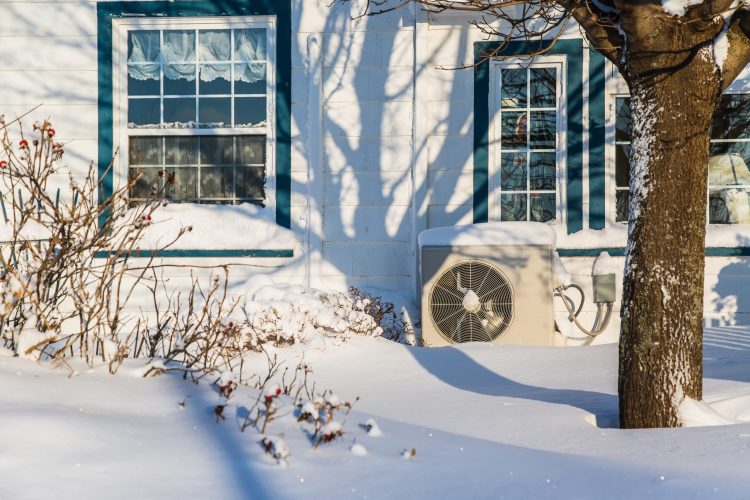Falling leaves and chilly mornings are reminders that winter is just around the corner and savvy Mainers know it’s time to make their annual, cost-reduction plans. Here are two options if you have a larger budget to work with, along with everyday cost-saving strategies.
Energy Star appliances
Fortin’s Home Furnishings in Winslow sells a number of Energy Star rated appliances which are independently certified and built to standards that make them energy efficient. Fortin’s salesman John Hachey said that Energy Star washers, refrigerators, and dishwashers all are more energy efficient.
“Energy Star rated washers use about 25% less energy and about 30% less water,” said Hachey. “Energy Star rated refrigerators are approximately 8-10% more energy efficient. Energy Star rated dishwashers are approximately 10% more energy efficient and will save, on average, 3500 gallons of water over their lifetime.”
Heat pumps
Heat pumps take heat from the air or in the ground and move it indoors. Rather than producing heat like some types of heating systems, the heat pump transports existing heat, which requires less energy. During the summer months, heat pumps can be used to extract warm air from the inside of the home, which helps to keep the home cool.
One of the owners of Dave’s Appliance in Winthrop, Mike Ketchen, manages their heat pump division. Ketchen said that heat pumps can heat for 30-40% less cost than other petroleum-based heating systems (excluding natural gas) in optimal conditions. He said that once the outdoor temperature reaches minus-15 degrees the efficiency of the heat pump decreases. He said that many homeowners are investing in heat pumps as a supplement to their existing heating system to decrease overall heating costs.
The cost of the heat pump depends on the size of the zone that will be heated.
“Prices for installed heat pumps range from $2800 to $4500 for a single zone unit,” said Ketchen. And, he added, “We service everything that we sell.”
Other practical ways to reduce home energy costs
- Unplug as many appliances like televisions, microwaves, blenders, printers, power strips and battery chargers when not in use
- Wash full loads of clothes in cold water with cold water detergent and use appropriate water level settings for the size load that is being washed.
- Air dry clothes whenever possible.
- Caulk and weather-strip doors and windows that leak air; cover kitchen exhaust fans when not in use to prevent air leaks.
- Check with the power company to see if they offer insulating blankets for your water heater for free or at a low cost.
Comments are not available on this story.
Send questions/comments to the editors.


